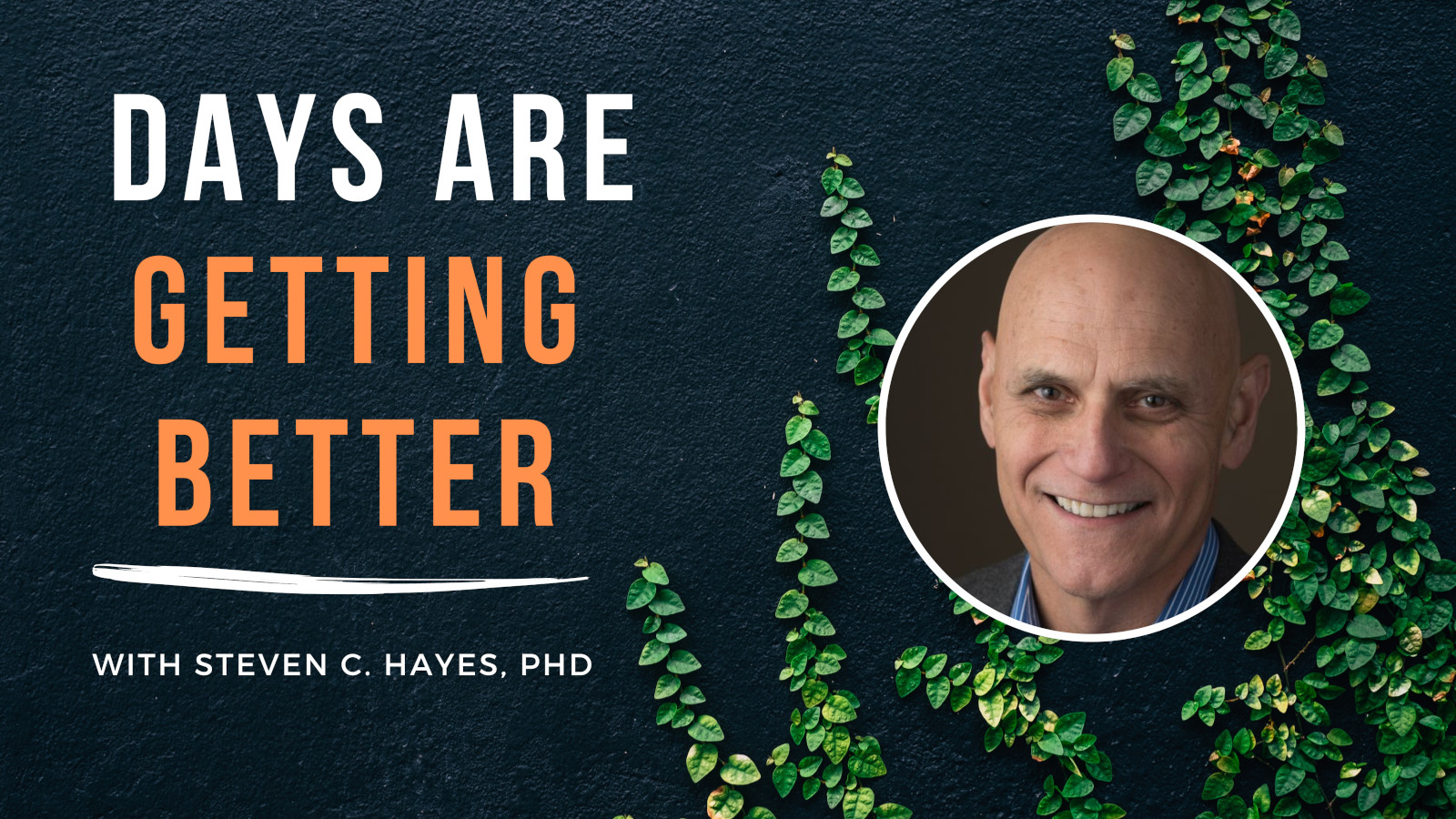“In mindfulness one is not only restful and happy, but alert and awake. Meditation is not evasion; it is a serene encounter with reality.”
– Thích Nhất Hạnh (1926-2022)
There are lots of benefits to be gained from meditation in all of its various forms: From Christian contemplative prayer, to Sufi Zikr (chanting), to Buddhist Vipassana and Samatha techniques. Research suggests that daily routines of these kinds can help to reduce stress, strengthen your focus, enhance self-awareness, promote emotional health, and boost your overall immune system. Those are scientific facts. But here is another fact: It matters why you do it! And contemporary culture is having a hard time getting that message.
In its natural context, meditation is part of spiritual and wisdom traditions that promote values-based action, compassion for others, and moral development. In the Western world, however, they are often promoted as health practices – end of story. That is fine, but it can come dangerously close to the selfish promotion of personal calm over spiritual growth. Ironically, once there, the methods no longer deliver the benefits they promise.
Meditation is frequently implemented in the context of psychotherapy, where it has shown promising results for people struggling with depression, anxiety disorders, and even substance use disorders. Health oriented websites will give you lots of reasons to start meditating. Fortunately, because of that link, meditation is now the focus of behavioral science. Year after year, week after week, we are acquiring a better understanding of the processes behind meditation. We now know why some people benefit from meditation, while others never do.
And here is the most powerful divider I’ve yet seen: Intention. It fits perfectly with literally thousands of studies on psychological flexibility and on mindfulness as a process, regardless of the spiritual tradition or particular method.
Recently a team of researchers from the State University of New York at Albany studied the meditation practice of around 100 people to assess the impact of the reasons why people meditate on whether they would reap the rewards of meditation. Almost half of the participants meditated to manage difficult feelings or to get rid of stress or fear, while the remaining participants meditated with the purpose of better opening up and accepting whatever thoughts and feelings may arise. Those in the second group got all of the expected benefits of meditation: Less anxiety, less worry, less depression, and better mindful awareness. Those in the first group – meditating to manage difficult feelings, and diminish stress or fear? Ah, no – those benefits largely eluded them.
It is almost ironic: Contemplative practice to get rid of stress and fear is less likely to have that impact. If you are unwilling to have it, you’ve got it; if you are unwilling to lose it, you’ve lost it. By contrast, the more you are willing to open up to these difficult thoughts and experiences, the less likely you are going to suffer from them.
In one sense, this is knowledge you can’t use in the normal way. You can’t trick your mind. You can’t pretend to meditate with the purpose of opening, while secretly hoping it will make your difficult feelings disappear. Your mind will notice the lie, catch on, and inject another round of fear into the system. The only way to truly access the benefits of spiritual wisdom and contemplative practice in all of its forms is to be more humble: to embrace the practices and with them the difficult experiences that may percolate up – without any hidden agenda. In my own Christian home my mother would say “turn it over to God, dear.” Let it be. Stay in the moment. Let go.
It is a difficult concept to wrap your head around, and it is even harder to practice. Why would you welcome something that feels bad?!
The short answer is that difficult feelings often meet us there where we care. They are echoes of our past in the present, and the places we avoid or cling are important to us. We still love even knowing how much love hurts when it’s lost; we still live even knowing how finite life can be. The more we can welcome experiences without avoidance or clinging, the more we can do what is really important.
Contemplative practice trains our ability to open up to vulnerability – to be able to experience our own experience – which is an important skill in almost every area in life.
Meditation is not a tool to get rid of the difficult stuff. It’s a way to learn to better engage the whole of life. You can learn to feel whatever you are feeling, think whatever you are thinking, sense whatever you are sensing, remember whatever you are remembering without being dominated by your feelings, or thoughts, or sensations, or memories. This is hard (not hard in an effortful sense but hard in that tricky sense of staying aware and in balance) – and it’s a lifelong practice.
Research has shown that acceptance is a crucial part of mental health, while its counterparts, avoidance (trying to avoid negative thoughts and feelings) and clinging (grasping after only the “good” stuff and holding it in place like a butterfly with a pin in it), is implicated in almost all mental health issues, from depression, to anxiety, to substance abuse, and even personality disorders.
Note to the wonderful world of fast-food meditation: contemplative practice is NOT about getting rid of your experiences. It’s about anchoring yourself so that you won’t be swept away, and remain steady and present even in the presence of rain, thunder, and crashing waves. As the recently passed monk and peace activist Thích Nhất Hạnh put it “In mindfulness one is not only restful and happy, but alert and awake. Meditation is not evasion; it is a serene encounter with reality.”







